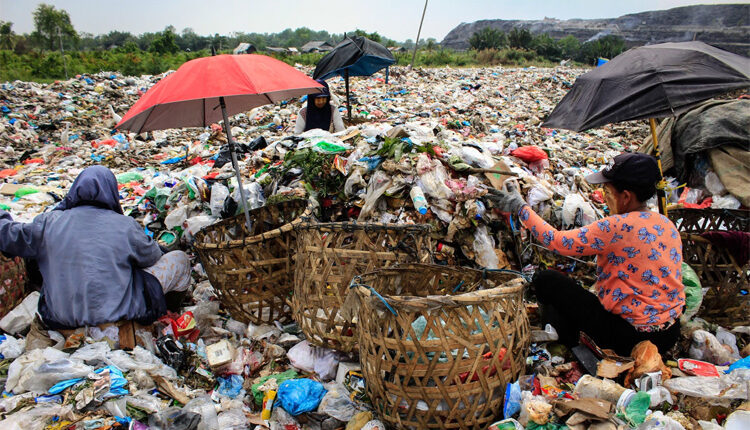Why a UN plastics treaty matters for climate change
A global treaty on plastics, which is being touted as the most important environmental treaty since the 2015 Paris Agreement, is set to be negotiated in South Korea over the next week.
At the fifth and final scheduled session of the UN’s Intergovernmental Negotiating Committee on Plastic Pollution (INC-5), member countries hope to finalise and approve the text of the “international legally binding instrument on plastic pollution”.
A successful treaty could have important implications for climate change.
The production, use and disposal of plastics is responsible for around 5% of global greenhouse gas emissions and they are typically made from fossil fuels. Plastics production is expected to be one of the leading drivers of oil demand growth over the coming years.
Measures to reduce plastics use will be a key part of the agenda, as around 90% of emissions from plastics come from production. The negotiations will see countries discuss setting targets, accountability and transparency measures.
Carbon Brief analysis shows that without any agreement to cut plastic production, emissions from plastics could consume half of the remaining carbon budget for limiting warming to 1.5C above pre-industrial levels.
One expert tells Carbon Brief that the best outcome possible for the negotiations is to ratify a global target to limit plastics production, coupled with legally binding national targets.
However, she warns that oil-producing countries are likely to veto any such proposal.
Below, Carbon Brief presents five key charts showing why the plastics treaty matters for climate change.


Comments are closed.